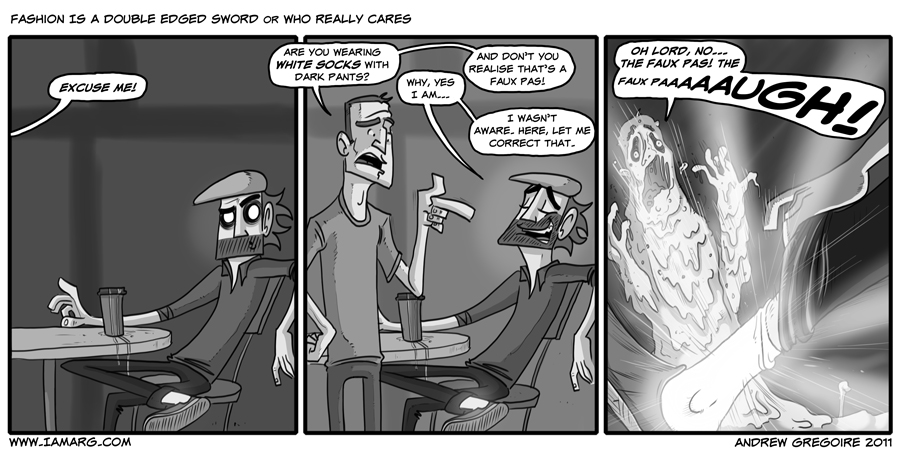

This is an organisation where you can get in touch with people who want to participate in language exchange events. The Polyglot Club has also been incredibly useful.To begin with I sat and listened a lot, but these days I interact much more. It helps to have some degree of fluency, though. I try to make it there most days for at least 2-3 hours at a time. It’s on 5 afternoons a week, and they even organise weekend trips every few months to see more of the countryside. At each table there’s a French person to guide the conversation, welcome new people to the table, and to help provide corrections when required. It’s a group of native French retirees who provide an environment where you can go and practice your French with other non-native French speakers from all over the world. I found a wonderful conversation group: l’Arc.I am determined to communicate in French if I possibly can! In fact if they respond in English (because I’m a foreigner with an accent), I often keep trying the French despite their English efforts. You’d be surprised at how much you can express if you just try and use a few key words. I assume the person I’m interacting with knows no English, even if I know they speak some. At the bank, at the supermarket, at the train station, at the internet café. Deciphering ads on Le Bon Coin (the French equivalent of Craigslist) was entertaining, too. Even finding a place to live was an adventure of calling up in French and meeting them speaking only in French. Even if the daily conversations are only a few minutes of ‘Are you using the washing machine now?’ or ‘By the way, I will have a friend visiting for a few nights next week’, every little bit forces me to think about how I would express myself in French, and they speak only French to me. I have moved in with French flatmates.

So, what have I been doing other than lessons?

Of course, I don’t have the money for a French tutor to really work with me every day, or even French lessons so I have to find other solutions. I needed to get my verbal French up to the same standard. In November I decided that I wanted to focus on my spoken French for a while, since I can already read and write reasonably well. But after a week or two I think I was back at where I had been in June. (Bad me!) So there was a little backsliding in terms of my skills when I returned in November. So far, my French education involved 6 years of classes in school (ages 12-18), and when I first arrived in Paris in April, I took classes at the Alliance Française for 3 months to try and bring back what I’d forgotten from my teenage years. I was away over the summer, and didn’t practice during that time at all, really. I can understand most of what is said to me, at least the general topic area and the sentiment. I am starting to ask more complex questions and I surprise myself with the concepts I’m able to convey. I can buy things in shops, order food at restaurants, have basic conversations about who I am and what I’m doing in France with minimal issues. Meanwhile, I seem to be able to function in French, more or less. For work purposes I should ideally be in the C1 or C2 range, so there’s still a lot for me to work on. My French, to my knowledge, is somewhere in the B1-B2 range, depending on what I’m talking about, and with whom. Language schools tend to teach you a curriculum based on particular levels. This explains some of the competencies expected at each level.

There’s a standard framework used for European language learning called the CEFR. And while previously I’ve mentioned the basics you should learn when arriving in a foreign country, I’ve been in France long enough to start focussing on more sophisticated conversations with the hopes that I will be able to work in French soon. One of my favourite things about travelling is learning the local language.


 0 kommentar(er)
0 kommentar(er)
